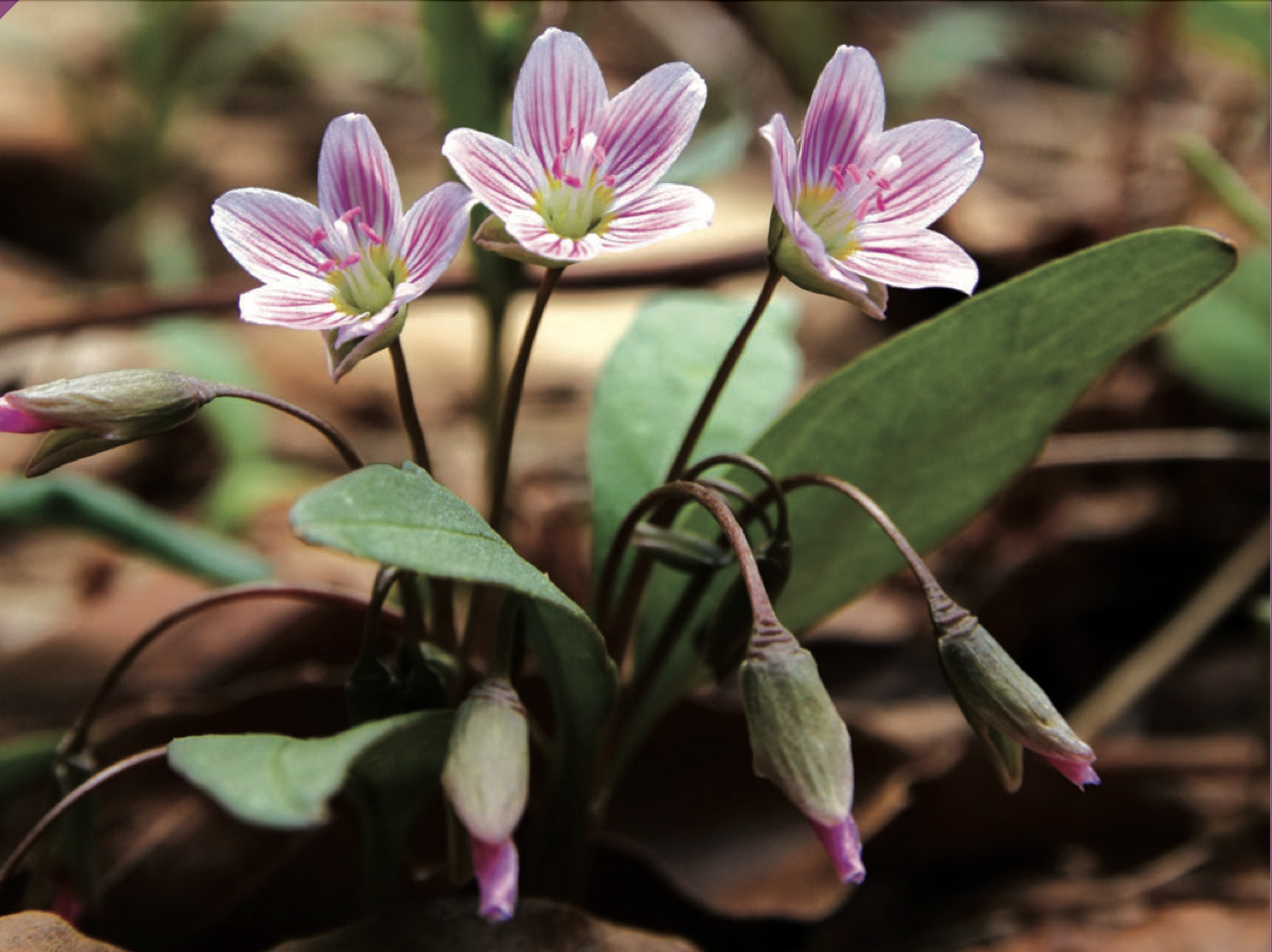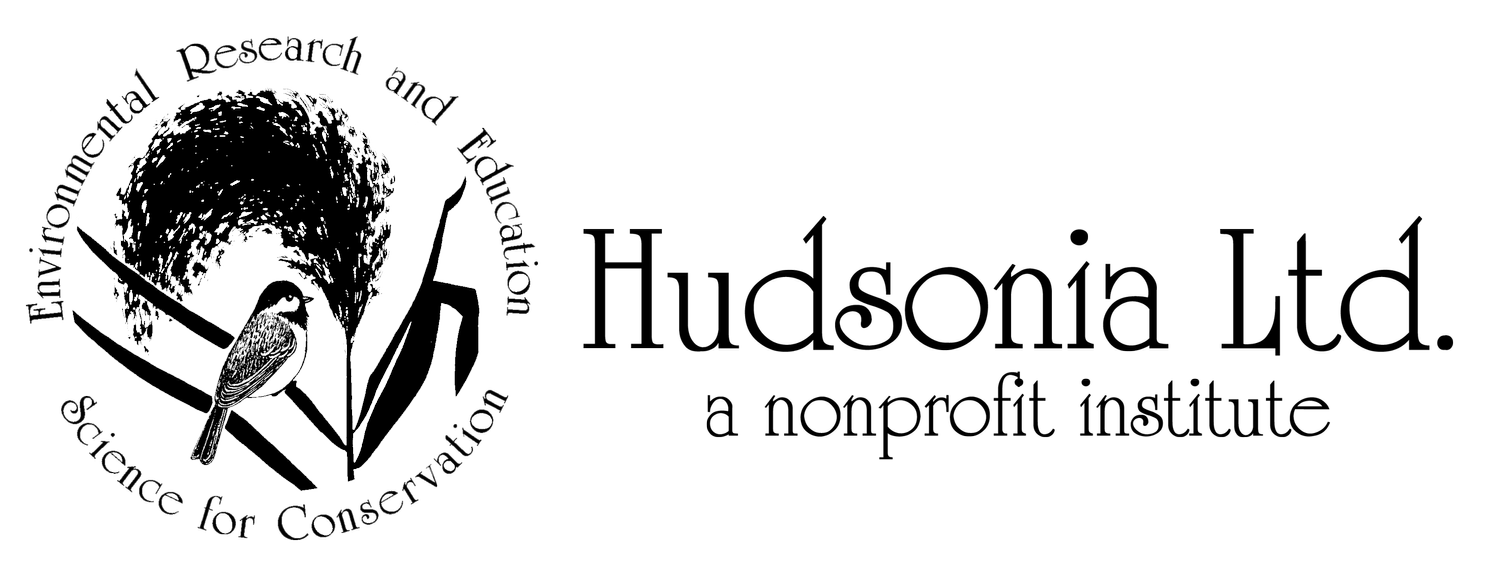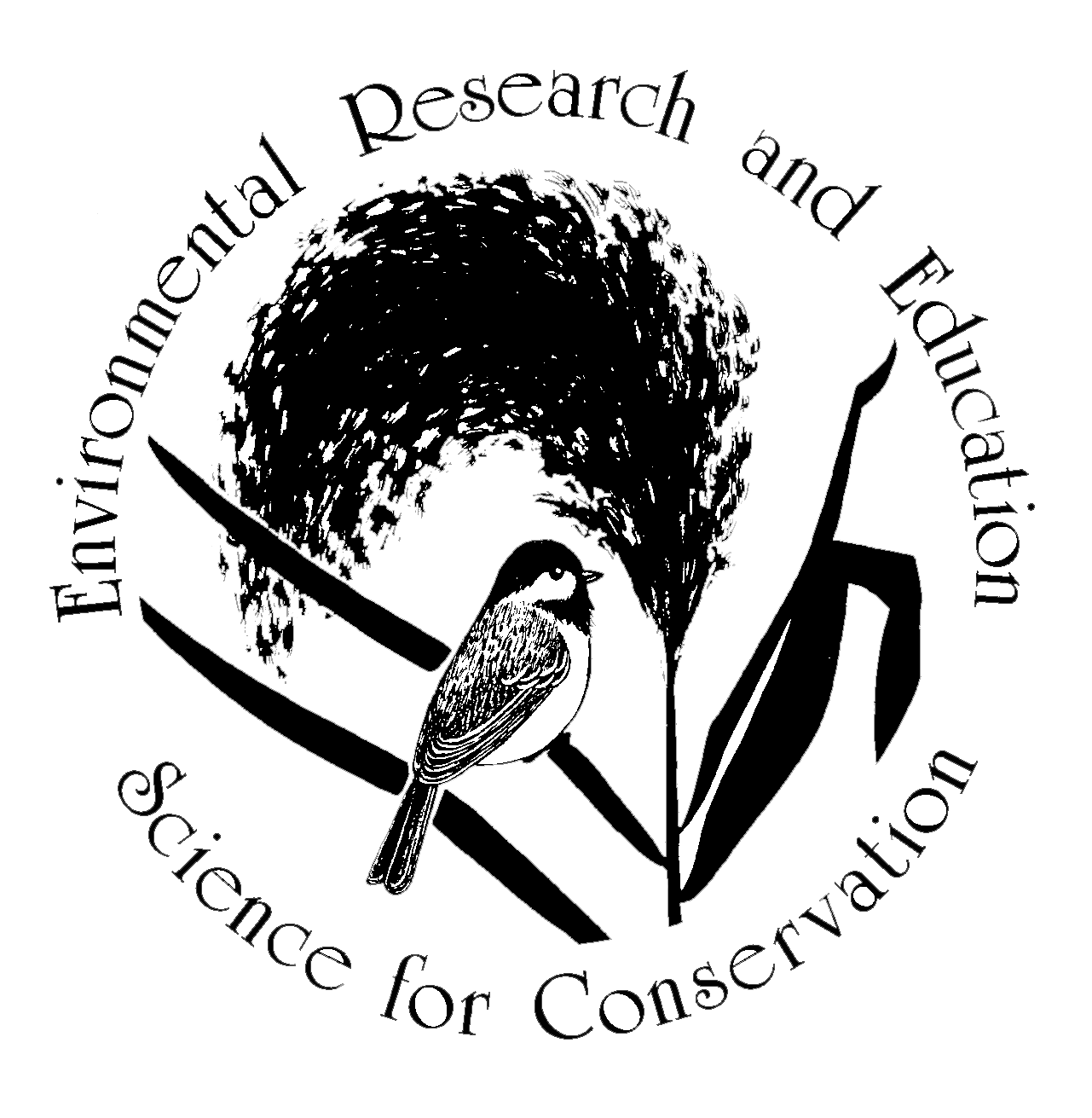Turtle Tracks is a series of infrequent updates on our recent activities and findings, a great way for you to learn more about the importance of what we do.
The Hudson Valley is home to nine native turtle species, including the Eastern box, Northern diamondback terrapin, painted and spotted turtle, and the common map, musk and snapping turtle, and three species red-listed by the International Union for the Conservation of Nature as endangered—the Blanding’s, wood and bog turtle, the bog turtle critically so. Much of our applied research is in service of these beautiful, at-risk creatures and we thought it fitting to name this series for them. Of course our work covers many other species as well.
Please know that although missives include a link to our donations page, we will not use them for the sole purpose of fundraising, and we promise we will not torment you during “giving season.”
Hatchling snapping turtle
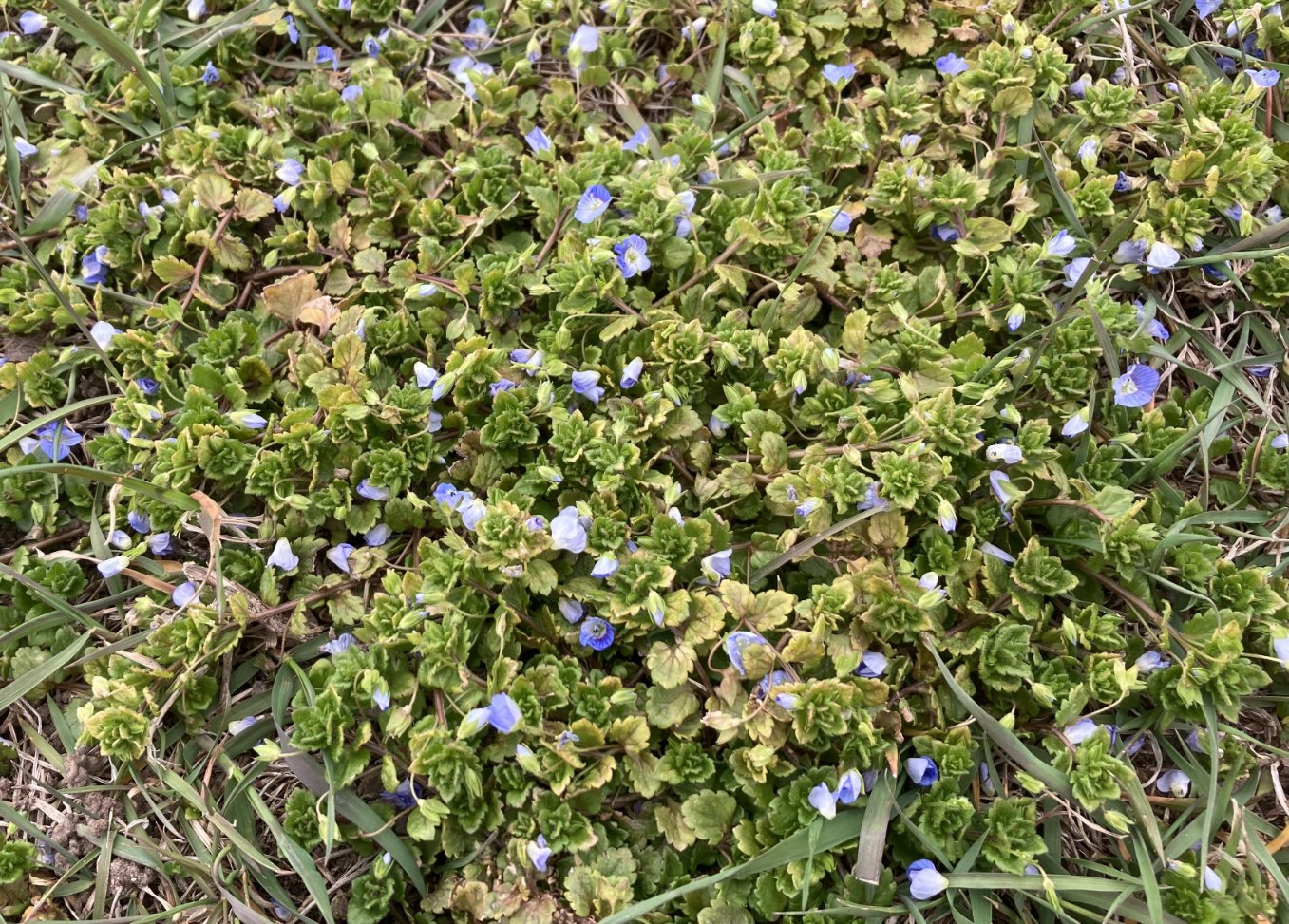
Spring Well, Speedwell
A Guide to the Spring Veronicas of New York’s Roadsides, Lawns, and Fields
by Christopher Graham
This article originally appeared in the Spring 2024 (Volume 35 Issue 2) of Mitchelliana, newsletter of the New York Flora Association

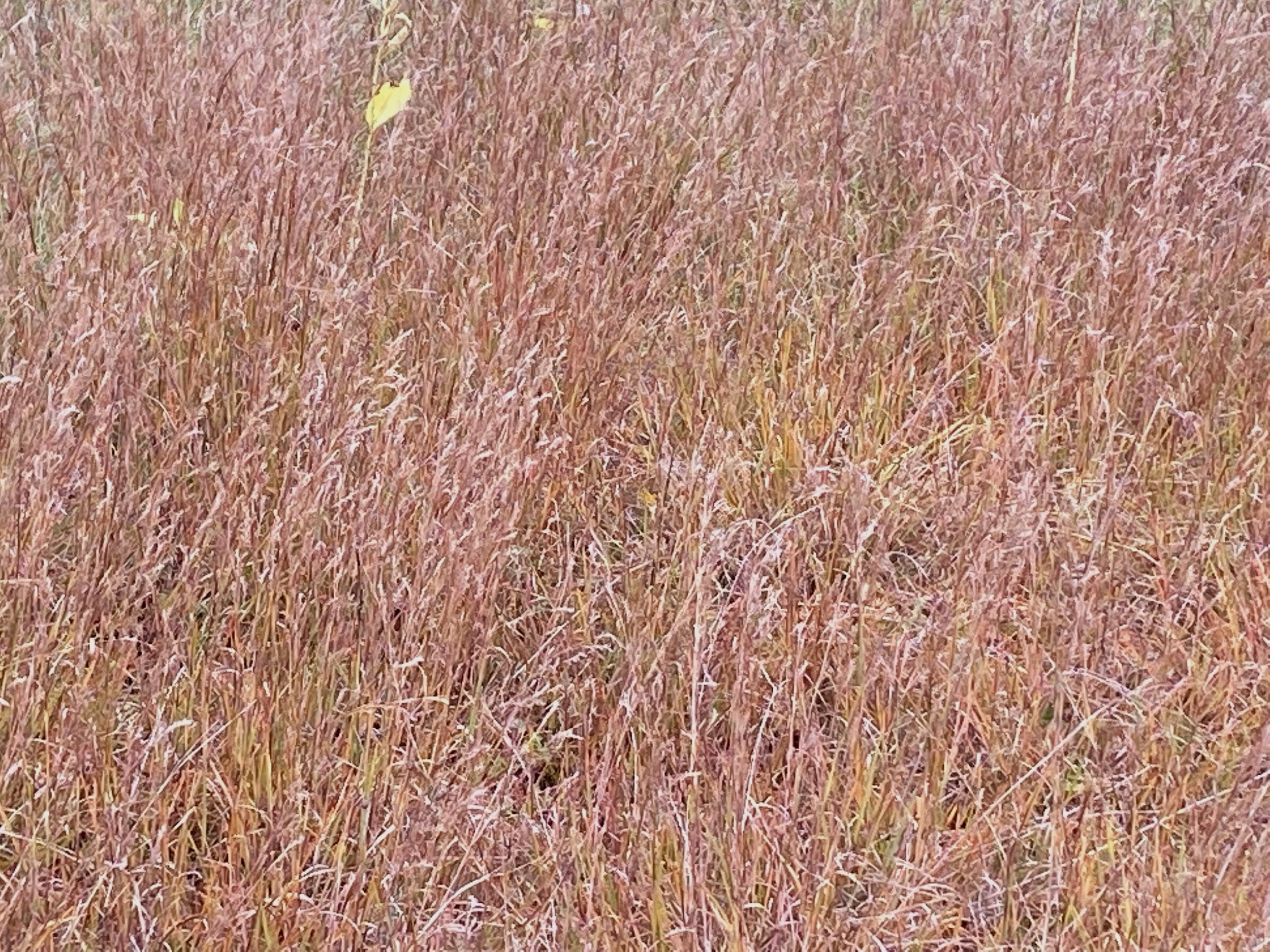

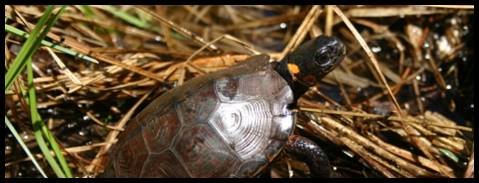
Three years, two cows, and twenty-five bog turtles
The bog turtle (Glyptemys muhlenbergil) is a tiny turtle of conservation concern that is rare throughout its range from Georgia to Massachusetts. It is federally listed as Threatened and New York State-listed as Endangered. We enlisted some cows to help.
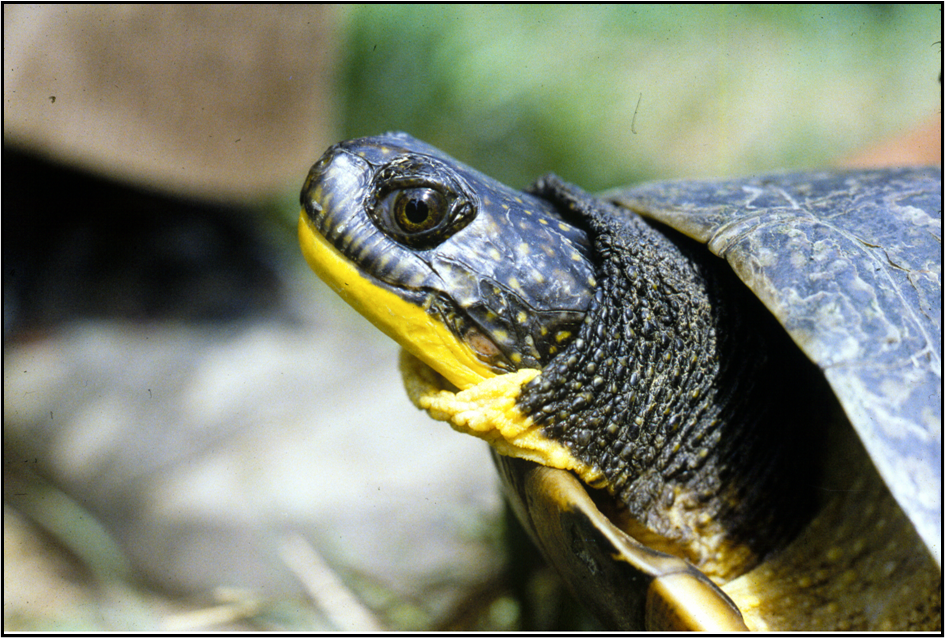
Constructing a Turtle Habitat
In the late 1990s, wetland & upland habitats of a population of threatened Blanding’s turtles were slated for destruction in a school expansion. Hudsonia was brought in to design and oversee construction of a replacement habitat nearby.
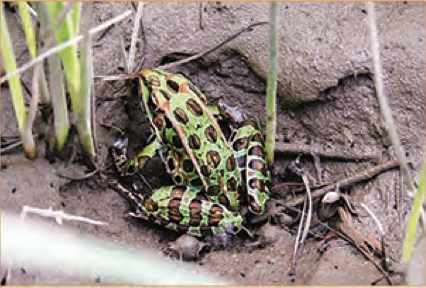
Alice in Meadowlands
Erik Kiviat wrote this piece halfway through our study of the New Jersey Meadowlands. In addition to evoking the rich species of the Meadowlands, he raises central questions about how we spend conservation dollars, and the dangers of our common failures to understand that extant habitats, functioning in heavily altered landscapes, are valuable starting points.
